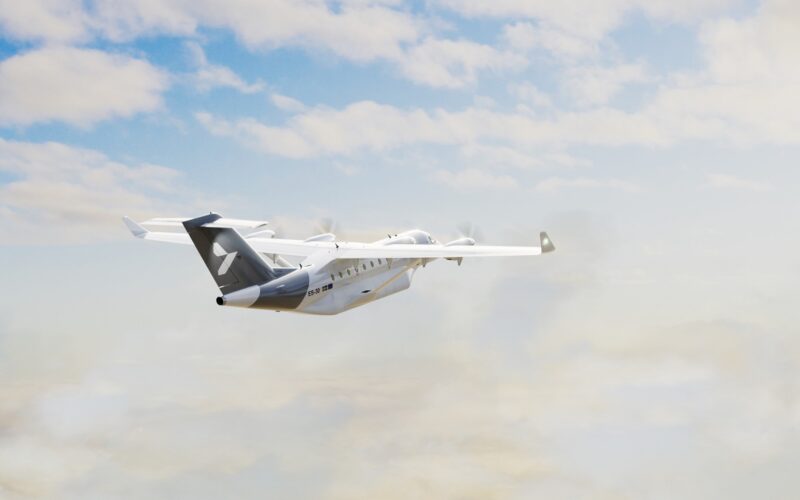Heart Aerospace will use Malmo Airport (MMX) as a ground testing facility for its HS-30 electric regional aircraft.
The news was announced by Swedavia, a company that operates and owns 10 airports across the country. Part of the ELISE project, the airport in the south of Sweden will build infrastructure to charge electric aircraft, hosting “test activities involving the ES-30 electric aircraft”.
“As an airport operator, Swedavia continues to be an active partner in aviation’s necessary energy transition by being involved in and developing the electric aviation of the future,” said Karin Öhrström, the airport director of MMX.
According to Öhrström, the airport’s position in the country and in Europe, as well as its focus on international cooperation, will provide “exciting opportunities for electric aviation and makes the airport an ideal test arena for the continued development of Swedish electric aviation”.
The ELISE project is split into three stages, the third of which will focus on developing infrastructure at MMX for electric aircraft. For this part of the project, the Swedish innovation authority Vinnova granted SEK20 million ($1.6 million). According to Vinnova the first step was the development of “a roadmap, an academic-industrial consortium, and an electric aircraft prototype”.
ELISE’s second step resulted in “a design for a 19-seater regional aircraft (ES-19) with a fully electric drivetrain,” according to the innovation authority. Vinnova pointed out that following the project, during which Heart Aerospace developed the ES-19, the manufacturer grew from two to 140 employees to work “on the industrialization of the results from ELISE Step 2”.
The ES-30 is a regional electric aircraft developed by Heart Aerospace with an electric range of 200 kilometers (124.2 miles), while also having an extended reserve hybrid range of 400 km (248.5 mi) with 30 passengers. If the aircraft is carrying 25 travelers, the range goes up to 800 km (497 mi).
Heart Aerospace plans for the ES-30 to begin commercial services in 2028.

